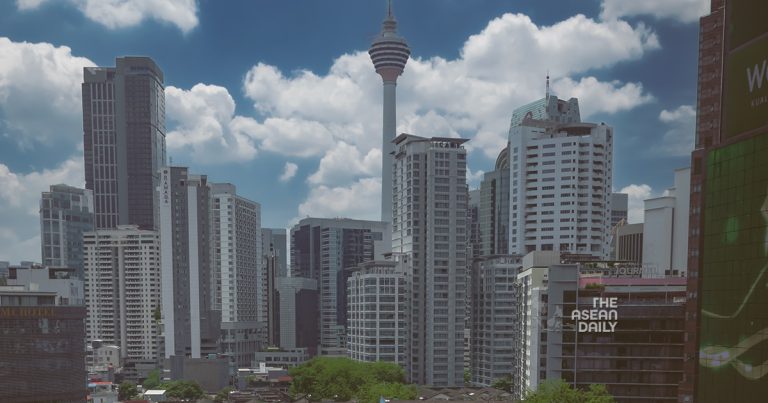22-1-2024 (KUALA LUMPUR) In 2024, Malaysia’s middle- and high-income households in Kuala Lumpur are expected to face significant financial strain as the government implements targeted subsidies for fuel and electricity, alongside tax hikes as part of its economic reforms. These changes will have a profound impact on household budgets, particularly for those who do not qualify for state assistance.
Economists predict that middle-income earners will be the most vulnerable, as they tend to have lower savings compared to the higher-income households. This group, referred to as the M40, will feel the pressure as they grapple with rising prices of imported goods due to shipping disruptions in the Red Sea, in addition to the withdrawal of certain subsidies.
The Malaysian government plans to increase utility bills, including water and electricity charges. Starting from February 1, water bills will rise in 11 states and three federal territories to fund infrastructure improvements. Additionally, for the first six months of 2024, electricity bills will see an average increase of RM22 for domestic users, as the government aims to reduce expenditure on electricity subsidies by adjusting tariffs every six months. Furthermore, the service tax on water and power is set to rise from 6% to 8% from March.
One of the largest components of the government’s subsidy bill is fuel, with petrol subsidies expected to be withdrawn for the highest income group, known as the T20, by the second half of 2024. This move is projected to contribute between RM15 billion and RM17 billion to the government’s revenue.
The removal of price controls on chicken in October 2023, intended to reduce subsidies and regulate supply, has led to a surge in prices, with increases of up to 17% in November.
Savings from subsidy cuts will be redirected to the low-income group through cash aid, according to Prime Minister Anwar Ibrahim.
Affected individuals, such as Ms Anuradha, a 40-year-old e-commerce entrepreneur, are finding it increasingly challenging to maintain a comfortable lifestyle with the rising costs of basic necessities. Higher prices for daily goods, including milk, eggs, bread, and vegetables, have put a strain on household budgets. The escalating prices have also impacted families like that of housewife Satya Abeywickrama, 35, who witnessed a 50% increase in her grocery bill.
The T20 income group, with the highest earnings, has seen a 5.6% gross income growth between 2019 and 2022. Meanwhile, the B40 group, comprising lower-income households, experienced an 8.6% growth, and the M40 group saw an 8.4% growth.
Economists warn that geopolitical tensions and macroeconomic conditions will further squeeze incomes in 2024. Higher shipping costs resulting from attacks on container vessels in the Red Sea are anticipated to drive up the prices of imported goods. Malaysia heavily relies on seaborne exports and imports, with disruptions in the global supply chain potentially increasing the costs of doing business in the country.
Despite the short-term economic challenges, experts believe that the government’s economic reforms are necessary for long-term resilience and growth. While the current economic growth rate is below expectations, they contend that taking decisive actions will create opportunities to build a stronger economy, leading to higher incomes and improved public services in the future.




